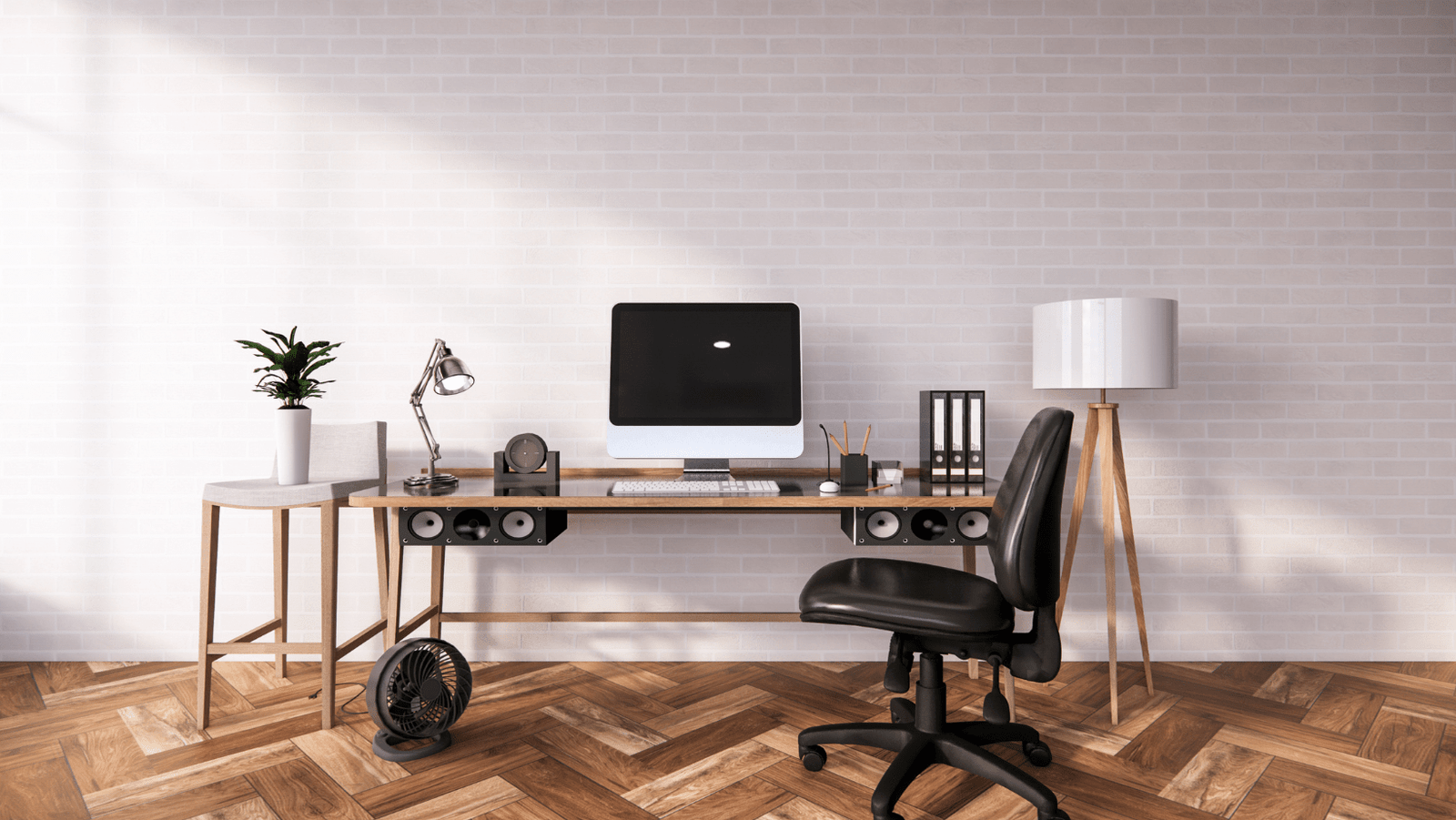In the era of COVID-19 pandemic , we saw a complete change in the ways of living as well as how businesses adapted and chose newer ways to keep going. This meant more and more companies entering into a ‘New Normal’ with ‘Hybrid’ and Work from Home models. While the benefits of work From Home might be debatable for both employers and employees , one thing that it definitely brought with is the huge mental health impact on the employees. People are no more able to switch off from their work. Further, setting work and home boundaries have become extremely difficult. Work from home anxiety is causing huge impact on mental health but it can be kept in check with minor measures.
Do you feel anxiety, loneliness, stress or depression more often while working from Home? You’re not alone! According to a recent study by InsurTech company Breeze, around 47% of employees have started to face anxiety while working from home. Further, a major part of the respondents reported to suffer a setback in their productivity due to anxiety, causing exhaustion, lethargy or have difficulty in sleeping.
If these details stand true for you, there might be more that you suffer along with your anxiety:
Fear of Missing Out (FOMO): Many a times we face moments when we get a fear of losing out on face to face interactions, feeling behind on career advancements, conscious and unconscious peer bias and unpredictable work timings. Fear of Missing Out or FOMO is the first side effect of remote working and arises out of simple fact that human beings are social beings and that we have never been used to living in closed spaces all the time.
Imposter Syndrome: Do you get a persistent feeling of not doing enough?A feeling that your colleagues or managers find out that you are a fraud/imposter, irrespective of how hard working you are. There is a constant voice of insecurity and self doubt in your head while at work. Imposter syndrome is common for hybrid forms of working where people worry that somebody else might get more opportunities or promotions than you simple because you are not physically at work.
Burnout: In another study by Monster, over 69% of remote working Americans are suffering from burnout. While stress and anxiety is high, job insecurity is one of the topmost reasons of employees not taking enough time off from work and technology that causes burnout. High work pressure and unpredictable timelines could be some of the reasons of lack of breaks.
Keeping your Anxiety in check while Working From Home
We need to understand this anxiety is normal right now and that it is totally possible to have a healthy brain while working. If we develop practices to keep our anxiety in control, Work From Home can be rather a safe, no cost, no commute solution to an otherwise difficult phase of the pandemic.
1. Creating a Structured Routine:

There are days when you jump straight from bed to laptop. While it is alright at times, it is important to create a structured routine like you did when you had to commute to work. Imagine getting more of morning time because of zero commute. Use this time to your advantage by waking up an hour or two early to your office timings and get some me time for yourself. Further, it is important to set time offs for lunches, and other short breaks. Setting a structured routine helps take on and off from work that can help calm your nervous system.
2. Separate Work Space:

If possible, try separating your work space from other living areas which would put you away from distractions. It could be a separate room or just a desk, couch, dining or a corner in kitchen. Spend a couple of minutes to declutter or organize your work space . Decluttering items has a direct impact on decluttering of thoughts stuck in our brain. Looking at an organized space tends to destress our anxiety while working on a project. In case you cant have a separate space, try lighting a candle for the hours you’re working and put off when done for the day.
3. Structuring and Prioritizing Task List:

Most of the times, our anxiety is not about the tasks but instead about the fear of not being able to get it done. This means that, usually the tasks are not as scary as our mind makes them. A good idea would be to jot down 5-10 tasks that are feasible for the day, remember when I say feasible for the day, the intent is to only include the ones that are a priority, the list does not need to have 200 tasks of your career goal plan for the quarter. Organizing a To Do list mentally prepares you for the day and put your brain out of panic. You can then select and pick up a task that appears to be bigger or more important first. Finishing such a task first will ease your brain into believing that you got a lot of work done.
4. Stretching or Meditation
With the ‘New Normal’ , escaping digital screens has become almost impossible, but find some time from your routine for a small stretching or meditation. Meditation helps us a keep a sense of peace and calm and sometimes, connects us to our greater self, which is why it is often known as one of the spiritual practices. These days you can find a lot of apps or videos that can help you do a guided meditation or workout sessions. A good part about this activity is that it will always make you feel better. An added advantage is its positive impact for your physical and mental health.
5. Make time for your loved ones
The COVID-19 pandemic has brought about a physical disconnect with not just your coworkers but also with your loved ones. This loneliness and isolation has resulted in stress, anxiety and depression around the world. While meeting your loved ones might not be possible for all of us, a phone call or video call with them might help you take mental time off your work. This way you will have somebody to talk about your day with.
6. Avoid Comparisons with others
With an information overload through social media comes the irrevocable need to compare oneself with others and their successes. Similar goes for people at work. It is a well known fact that everyone’s paths and struggles are different, it is rather important that we make comparisons with our own progress rather than looking at others. Our focus needs to be towards developing our individual strength for a better personal and professional progression in life. Practicing gratitude could be another way to have a better viewpoint on our life. Setting benchmarks and goals work well with your mental health if you set them for your own self improvement.
7. Hobbies and Self Care

Just like all work and no play makes you dull, indulging in hobbies or activities that make you happy should be given some time in your life. Such activities will help you take away your mind from never ending work. It is often said that mindfulness can be experienced anywhere and while doing anything. For instance, taking a walk , sipping a coffee or performing any task that involves giving your 100% attention will take your brain into a relief mode.
8. Interact with Nature

Working near your house plants or taking a stroll around in the nature can help you rejuvenate and gain that energy back. The concept of Ecotherapy treats anxiety, stress and depression with nature. Moreover, studies indicate that nature has the ability to diffuse spiritual power and significance. Forests, lakes, and mountains bring out a feeling of the divine or inspire a sense of awe. So spare few minutes to look around those green trees around you, and get a treat not just for your eyes but also your mind.
Read similar blogs:
How I let go overthinking and started living in present

